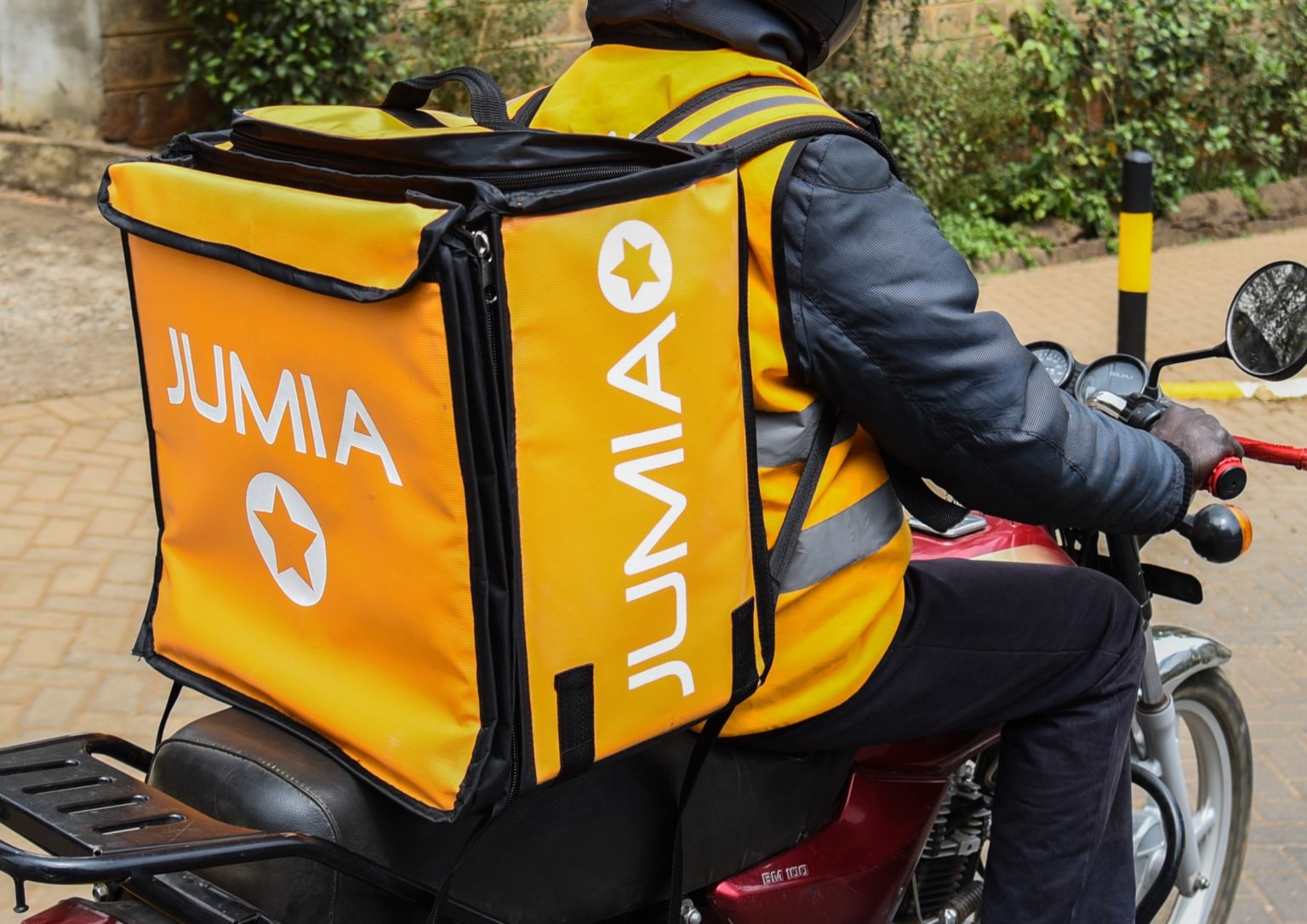Jumia is making changes in its business strategy by shutting down its food delivery service in seven African markets, including Nigeria, Kenya, Morocco, Ivory Coast, Tunisia, Uganda, and Algeria.
The company aims to focus more on delivering physical goods and promoting its fintech service, JumiaPay, in these regions. This move may lead to transitions for Jumia Foods employees, potentially including some layoffs.
Jumia’s CEO, Francis Dufay, emphasized the decision to exit the food delivery business. According to Dufay, the more Jumia focuses on physical goods business, the more they realize that there is huge potential for Jumia to grow, with a path to profitability.
Dufay, who took over as CEO earlier this year, has been implementing cost-cutting measures to support the company’s journey toward profitability.
Jumia’s active customer base reportedly declined by one million in the second quarter of the year, influenced by challenges in the operating environment, including high inflation affecting consumer spending. Despite this, the company is optimistic about its path to profitability, expecting a significant reduction in Adjusted EBITDA loss.
As Jumia and Bolt Foods exit the food delivery scene, other startups like Glovo and Chowdeck are expanding their reach. For instance, Chowdeck recently added Shoprite to its grocery chain partners and achieved over $1.2 million in gross merchandise value (GMV) with more than 60,000 monthly active users in October. Glovo has also entered into similar partnerships, showcasing the dynamic landscape of the food delivery market in Africa.




